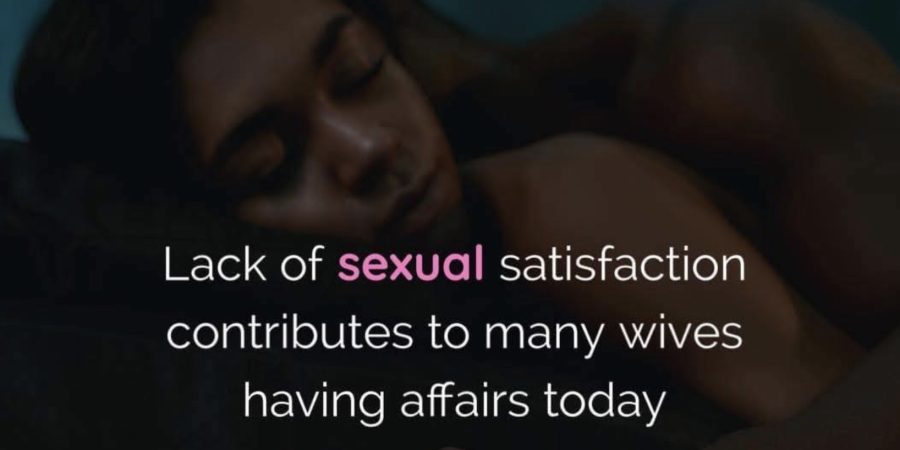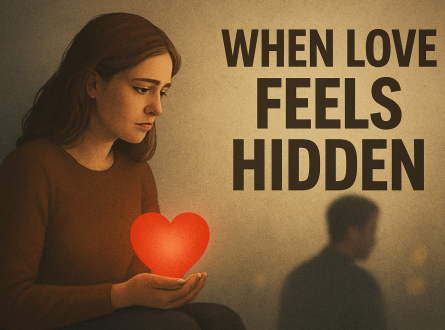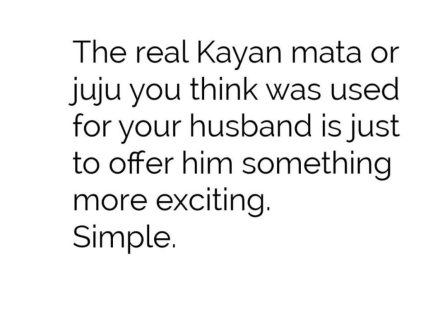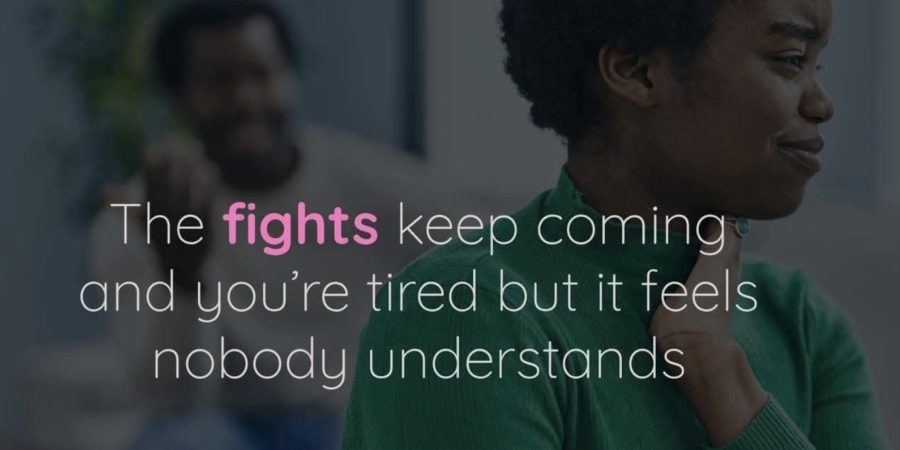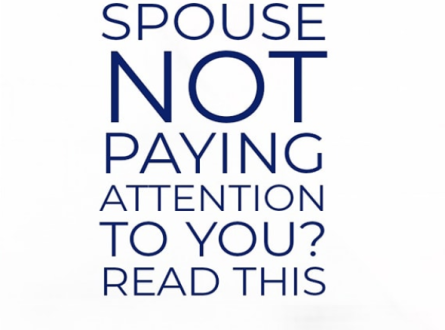In Africa, marriage is often seen as sacred—an institution so highly valued that walking away from it is almost unthinkable. For many, once you step into marriage, society expects you to stay, no matter the circumstances. Even when it is draining you emotionally, spiritually, and physically, leaving is treated like a taboo.
Because of this, many remain stuck in toxic and abusive unions, raising children in tense, bitter homes. But the truth is simple: marriage is meant to grow you, not destroy you. If your marriage is not nurturing your well-being, then it is time to seek help—and in some cases, to walk away.
Why Many Stay in Abusive Marriages
While it’s easy to say “just leave,” reality paints a more complicated picture. There are deep-rooted reasons why many endure abusive marriages in Africa, including:
1. Lack of Financial Independence
One of the most common reasons people—especially women—remain in abusive marriages is financial dependence. If your partner is your only source of food, shelter, and survival, how do you walk away when all society offers are sympathetic words and little real support?
2. Children
Children make the decision even harder. Many stay, believing they are protecting the children, but in truth, raising kids in a hostile, abusive home does more harm than good. A healthy environment for them matters just as much as keeping a family together.
3. Cultural and Religious Expectations
In many African settings, cultural traditions and religious beliefs are used to silence victims. Abuse is often disguised as discipline, control, or headship. Spouses are guilt-tripped into silence, told they must “endure for the sake of culture” or “submit for the sake of religion.”
4. Isolation
Abusive partners often cut their spouses off from loved ones, leaving them without a support system. This isolation makes it even harder to seek help or imagine life outside the marriage.
The Silent Need for Control
At the heart of most abusive marriages lies the need for control. Abusive spouses shut down any attempt by their partners to grow, work, or earn an income. They mask their insecurity with dominance, often backed by cultural or religious manipulation.
But marriage should not deny you your humanity. Within the bond of marriage, you still have rights—the right to express yourself, to pursue growth, and to live without fear.
Breaking Free: Where Do You Start?
Leaving an abusive marriage in an African society is not easy, but it begins with you acknowledging the truth—that this is not what marriage is meant to be.
-
Develop capacity: Find small, safe ways to regain independence. Whether it’s learning a skill, connecting back with trusted friends, or saving quietly, every step counts.
-
Seek help: Where possible, get professional counseling. If this isn’t an option, look to trusted elders, community leaders, or support groups.
-
Don’t wait: Too many stay until it is too late. If you know you are being abused, begin the journey of seeking help now.
Final Thoughts
A good marriage is not abusive.
African society may glorify endurance in marriage, but endurance should never mean suffering in silence. You deserve love, respect, and growth within your marriage.
If this sounds like your story, remember—you are not alone. Reach out for help. Your life and peace of mind are worth far more than staying in an abusive situation for the sake of appearances.




